Efficient Tree Pruning to Reduce Risks and Damage
Selective removal of branches to improve tree structure and health.
Shaping the tree's canopy for aesthetic purposes and better light penetration.
Eliminating dead or diseased branches to prevent potential hazards.
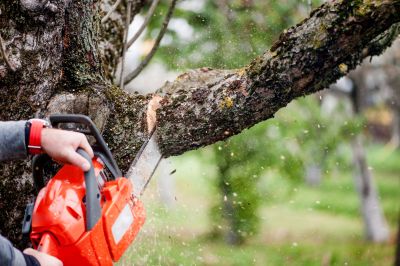
Professional trimming techniques to maintain tree health and safety.
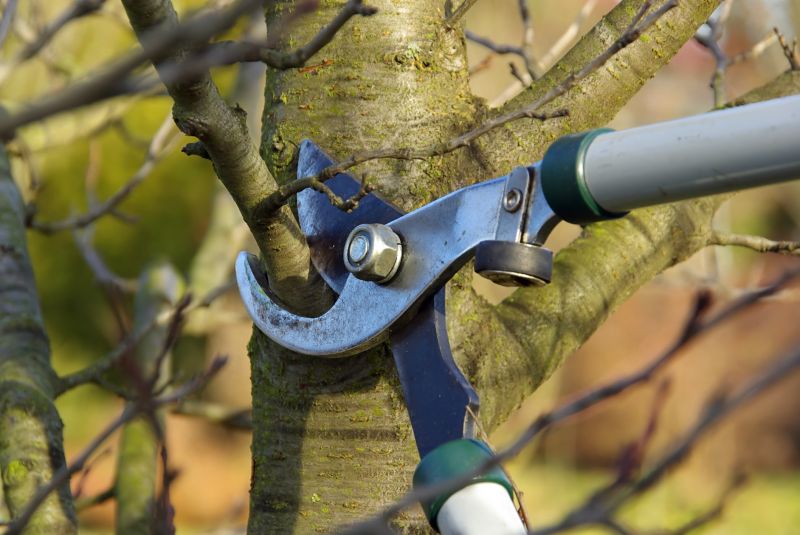
Reducing overgrown branches for improved landscape appearance.
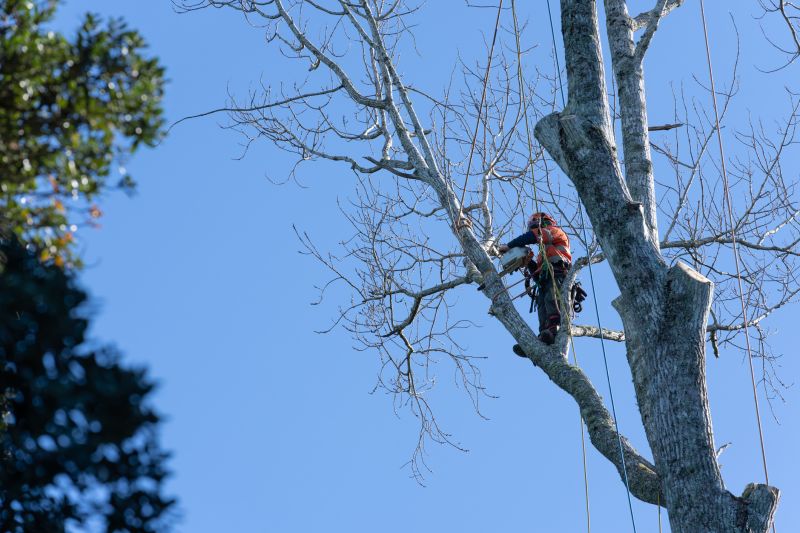
Ensuring safety by removing hazardous branches near structures.
| Benefit | Description |
|---|---|
| Enhanced Safety | Removing hazardous branches reduces the risk of falling and property damage. |
| Improved Tree Health | Proper pruning promotes healthy growth and prevents disease. |
| Aesthetic Enhancement | Shaping trees enhances the visual appeal of the landscape. |
| Increased Sunlight Access | Trimming allows more light to reach lower plants and grass. |
| Property Value | Well-maintained trees contribute to higher property value. |
| Storm Preparedness | Pruned trees are less likely to be damaged during storms. |
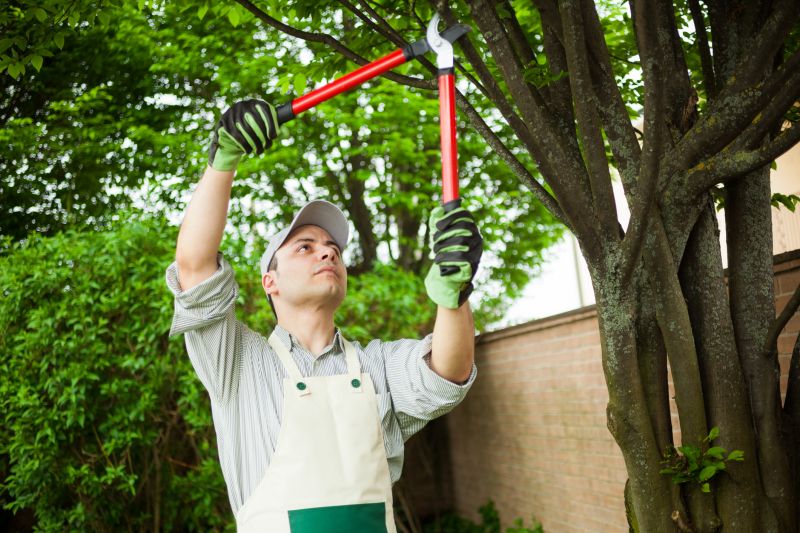
Carefully shaping and pruning to maintain tree health and form.
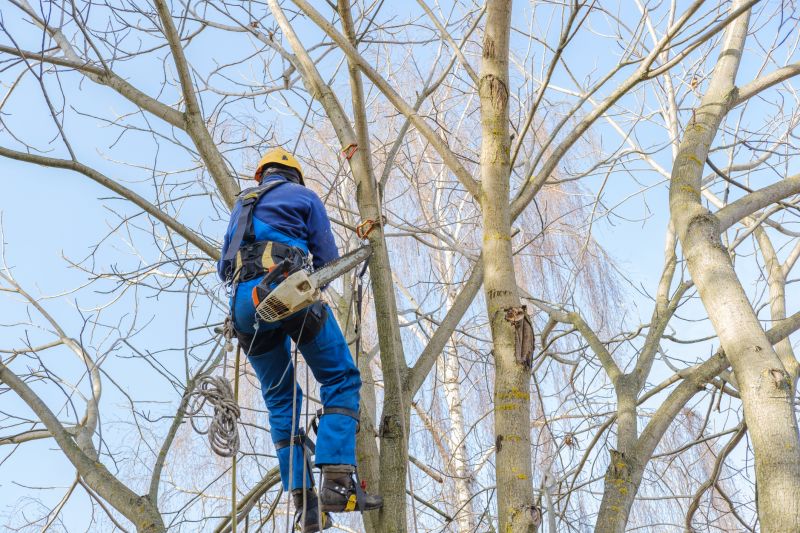
Pruning to prepare trees for severe weather conditions.
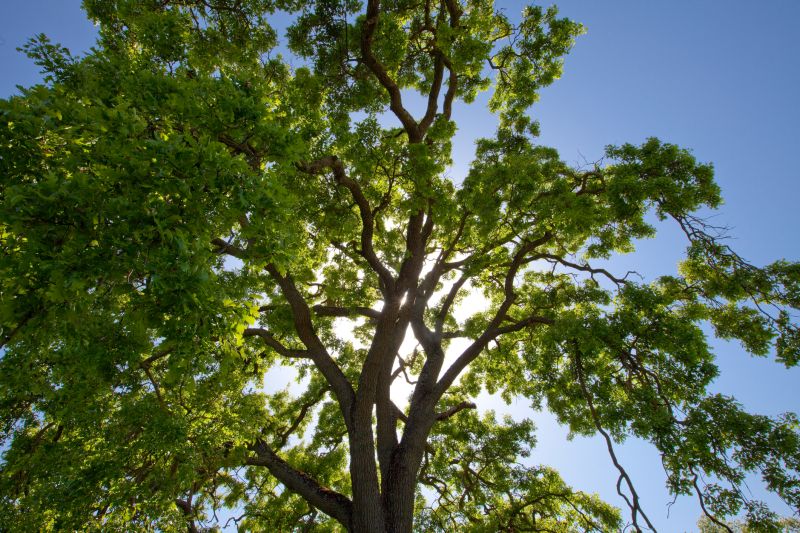
Reducing density for better airflow and light penetration.
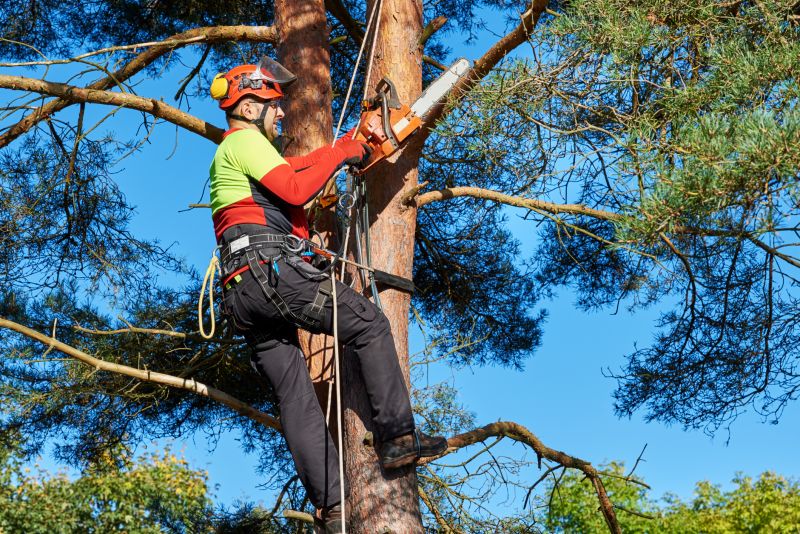
Eliminating branches that pose risks to buildings and power lines.
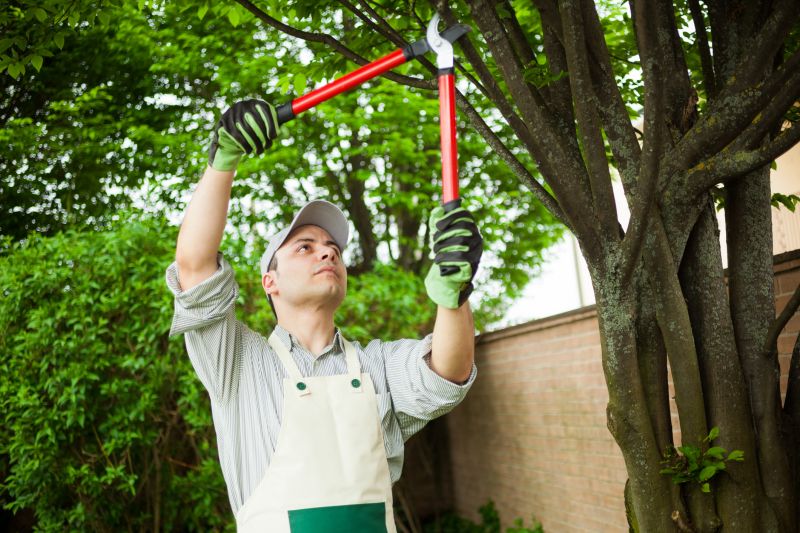
Maintaining the aesthetic and health of landscape trees.
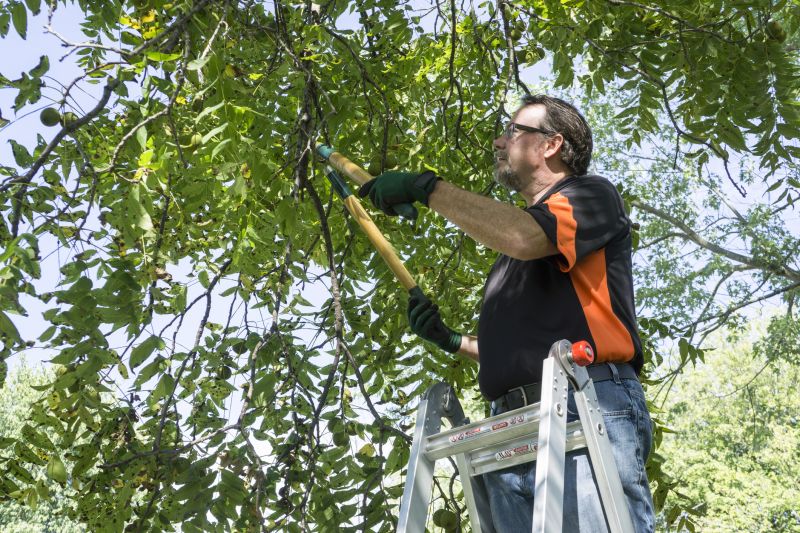
Regular trimming to support long-term vitality.
Arborists play a vital role in maintaining the health and safety of trees through expert assessment and pruning techniques. Their knowledge of tree biology and growth patterns allows them to identify potential issues early and recommend appropriate care. Arborists utilize specialized equipment to access and trim trees safely, ensuring minimal impact on surrounding landscapes. Their expertise helps prevent dangerous branch failures and promotes optimal growth conditions. By understanding the specific needs of each species, arborists can tailor trimming strategies that support long-term vitality and structural integrity. Their professional guidance is essential for preserving the beauty and safety of trees in any environment.
Hiring an arborist ensures that tree trimming is performed with precision and care, reducing the risk of damage to the tree and property. Arborists are trained to identify signs of disease or decay that may not be obvious to untrained individuals. Their expertise helps in making informed decisions about which branches to remove and how to shape the tree for safety and aesthetic purposes. Engaging a professional also minimizes safety hazards associated with working at heights and handling heavy equipment. Proper trimming by an arborist can prolong the life of trees and prevent costly damages in the future. For those seeking to maintain healthy, beautiful trees, the involvement of a qualified arborist is a valuable investment.
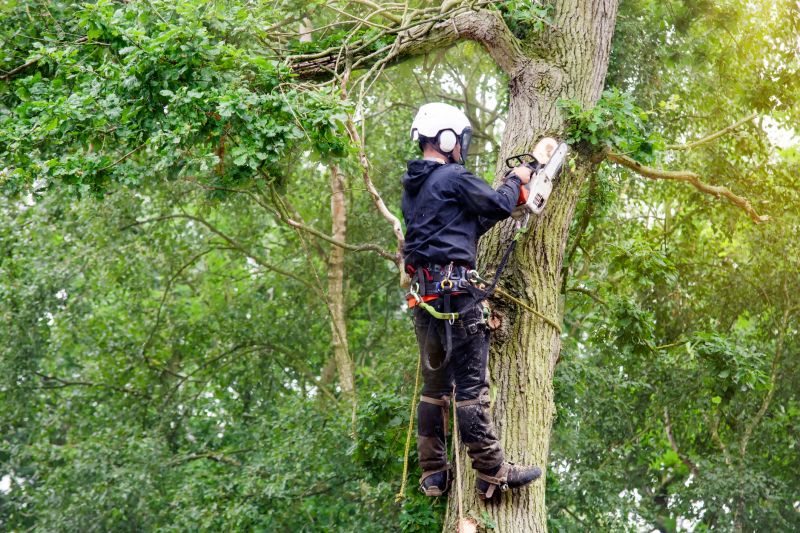
Expert pruning to support tree health and structure.
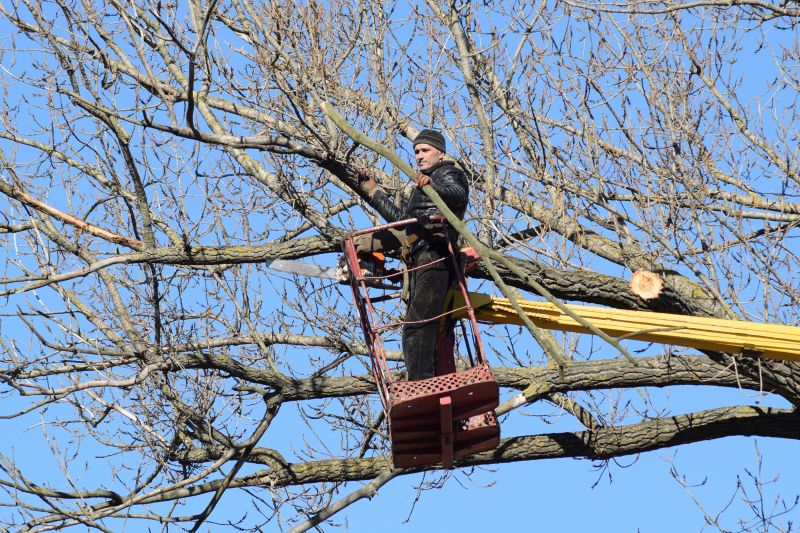
Assessing tree health and identifying potential issues.
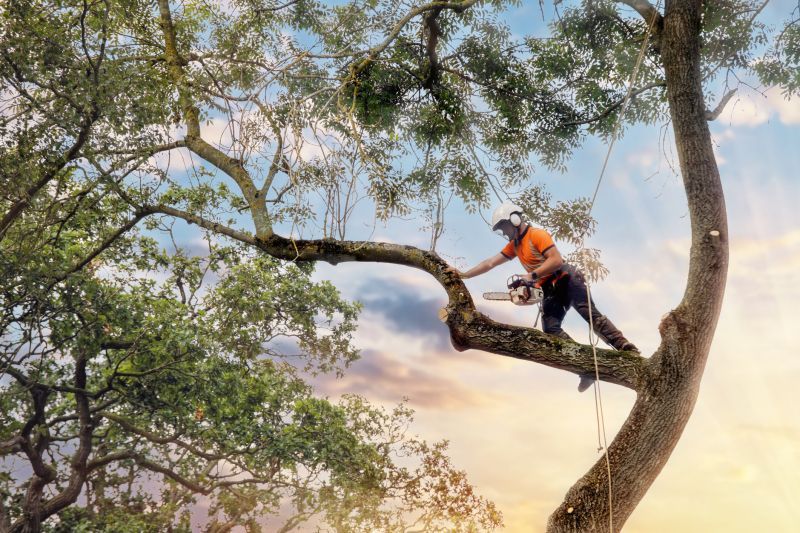
Specialized equipment and techniques for safe trimming.
To ensure the best results for tree health and safety, it is advisable to hire a qualified arborist for trimming services. Their expertise ensures that trees are pruned correctly, reducing the risk of damage or disease. Arborists can also advise on the appropriate timing and frequency of trimming based on the species and growth patterns. This professional care supports the structural integrity of trees and enhances their visual appeal. Investing in expert trimming services helps maintain a safe environment while promoting the vitality of trees in the landscape. For those committed to quality tree maintenance, an arborist's skills are invaluable.
